The IRS has released new contribution limits for retirement plans for 2024. Below is a summary of the changes for 2024.
401(k), 403(b), and Some 457 Plans
For 2024, the annual contribution limit for 401(k), 403(b), and some 457 retirement plans increases to $23,000. This is a $500 annual increase from $22,500 for 2023, so not as big as the last increase.
The catch-up contribution, for those age 50 and over, remains at $7,500 for 2024. The catch-up contribution allows those age 50 and over to contribute up to $30,500 to their 401(k), 403(b), or (potentially) 457 retirement plan.
Traditional IRA and Roth IRA Retirement Plans
For 2024, the contribution limit for traditional IRAs and Roth IRAs increases to $7,000. The catch-up contribution, for those age 50 and over, remains at $1,000. The catch-up contribution allows those age 50 and over to contribute up to $8,000 to their 401(k), 403(b), or (potentially) 457 retirement plan.
The phase-out range for whether or not a contribution to a traditional IRA can be deductible is also being increased to $77,000 to $87,000 for 2024 for single filers. This means that if you make more than $77,000, the amount of your traditional IRA contribution that is deductible is reduced for every $1,000 in income up to $87,000. If you make more than $87,000, then none of the contribution is deductible.
For couples married filing jointly, with one spouse as an active participant in their employer's retirement plan, the phase-out range for 2024 is $123,000 to $143,000 of combined income. If the spouse is not an active participant in their employer's retirement plan, the deduction is phased-out with combined income between $230,000 and $240,000.
For Roth IRA contributions, the phase-out for couples married filing jointly is now $230,000 to $240,000 for 2024. For single filers, the phase-out for 2024 will be $146,000 to $161,000. If your income is within those ranges, the amount that can be contributed to a Roth IRA is decreased for every $1,000 of income. If your income is above the higher amounts in those phase-out ranges then you are not able to contribute to a Roth IRA at all. However, there is currently still the possibility of completing a Roth conversion.
Financial Planning Opportunities
These new contribution limits offer some great opportunities for saving and investing for retirement, and also for tax savings in 2024. Escient Financial can help you set the right amounts for your 2024 contributions. Go ahead and...
This content is developed from sources believed to be providing accurate information. The information in this material is not intended as investment, tax, or legal advice. It may not be used for the purpose of avoiding any federal tax penalties. Please consult legal or tax professionals for specific information regarding your individual situation. The opinions expressed and material provided are for general information, and should not be considered a solicitation for the purchase or sale of any security. Digital assets and cryptocurrencies are highly volatile and could present an increased risk to an investors portfolio. The future of digital assets and cryptocurrencies is uncertain and highly speculative and should be considered only by investors willing and able to take on the risk and potentially endure substantial loss. Nothing in this content is to be considered advice to purchase or invest in digital assets or cryptocurrencies.
Enjoying Escient Financial’s Insights?
The weekly newsletter is usually delivered to your email inbox Friday or Saturday, and includes:
- the latest Escient Financial Insights articles
- a brief of the week's important news regarding the markets
- recommended third-party reads
- selected Picture of the Week
Escient Financial does NOT sell subscriber information. Your name, email address, and phone number will be kept private.
















